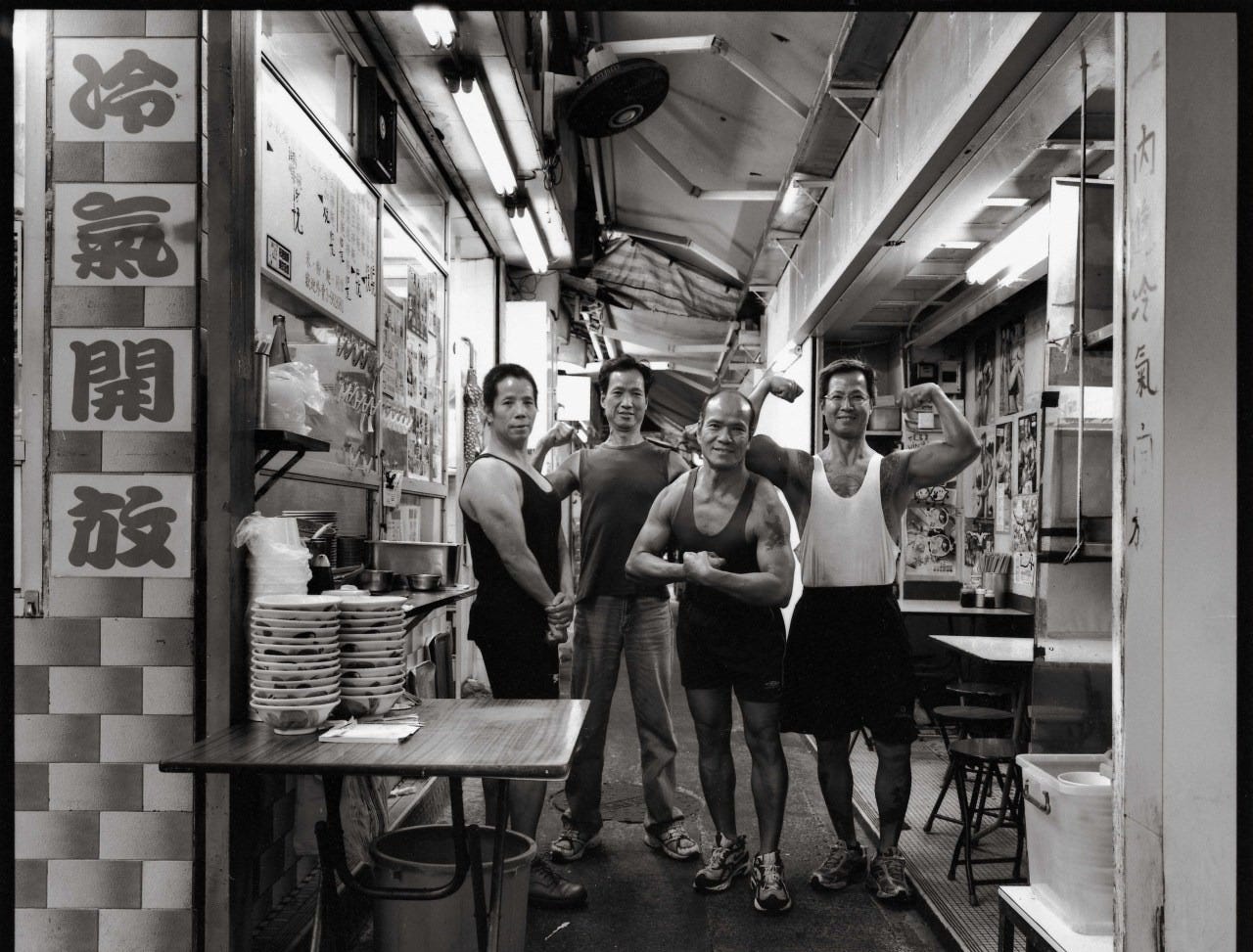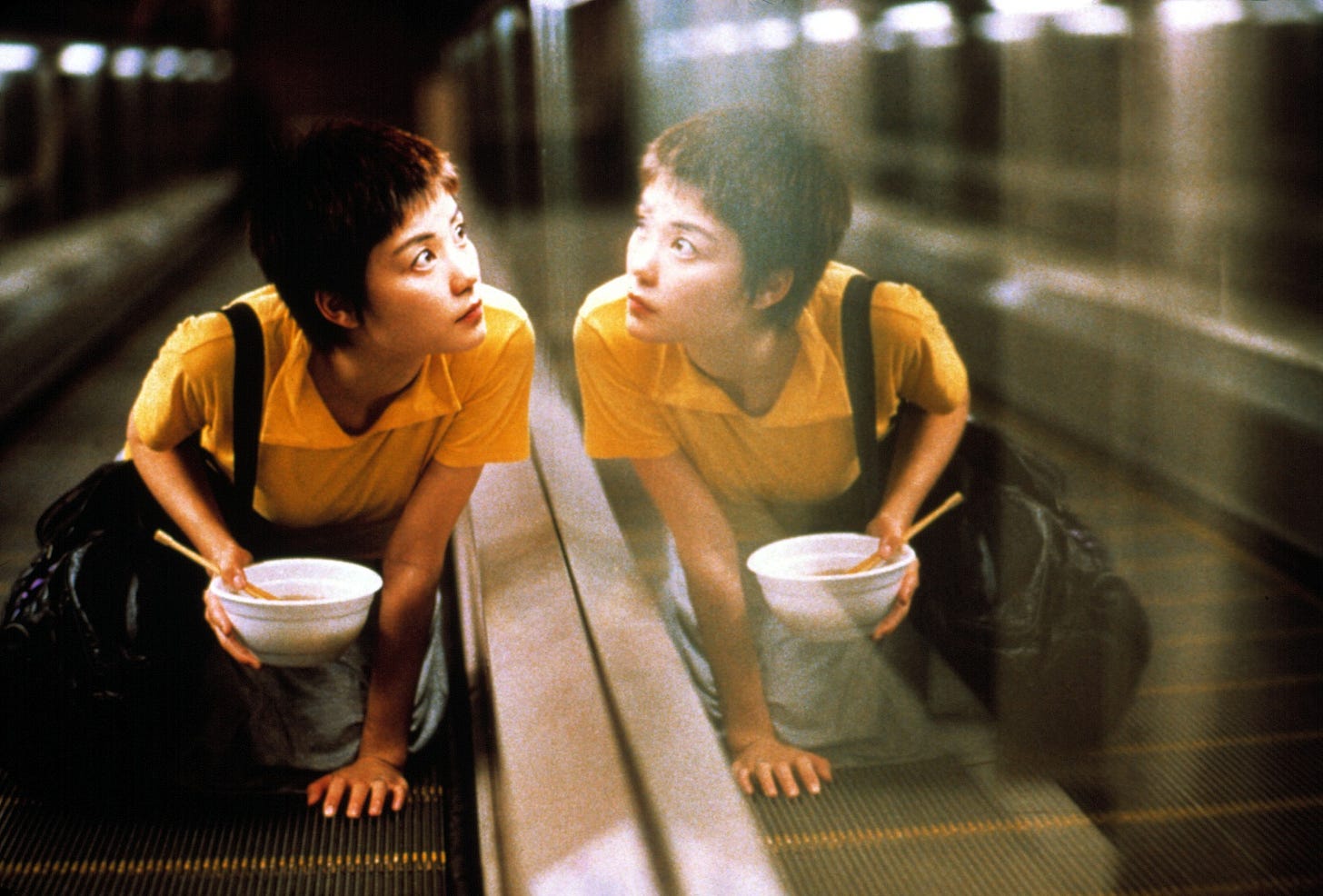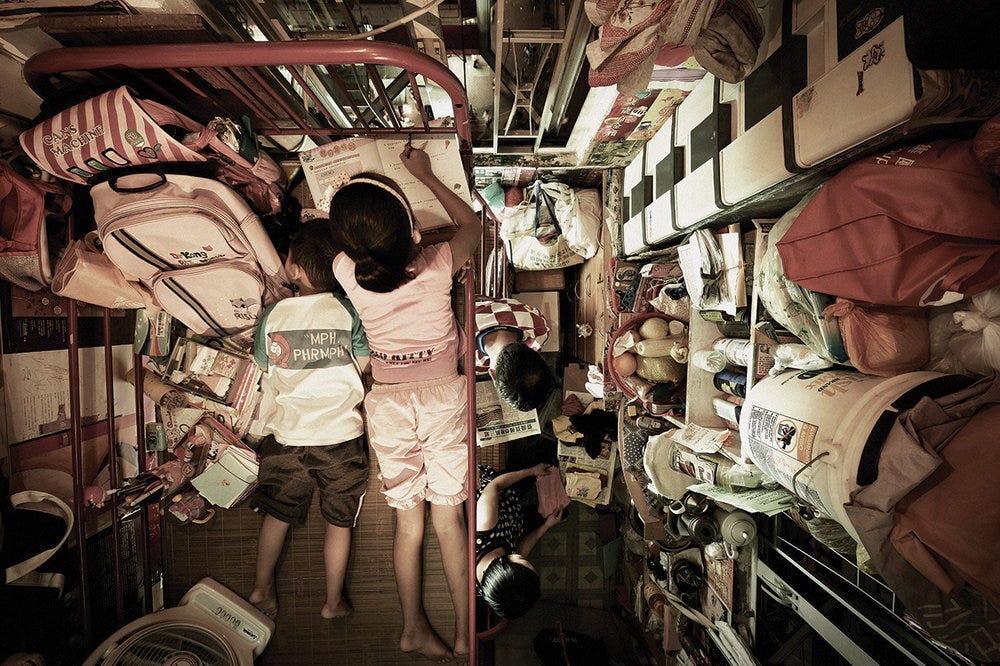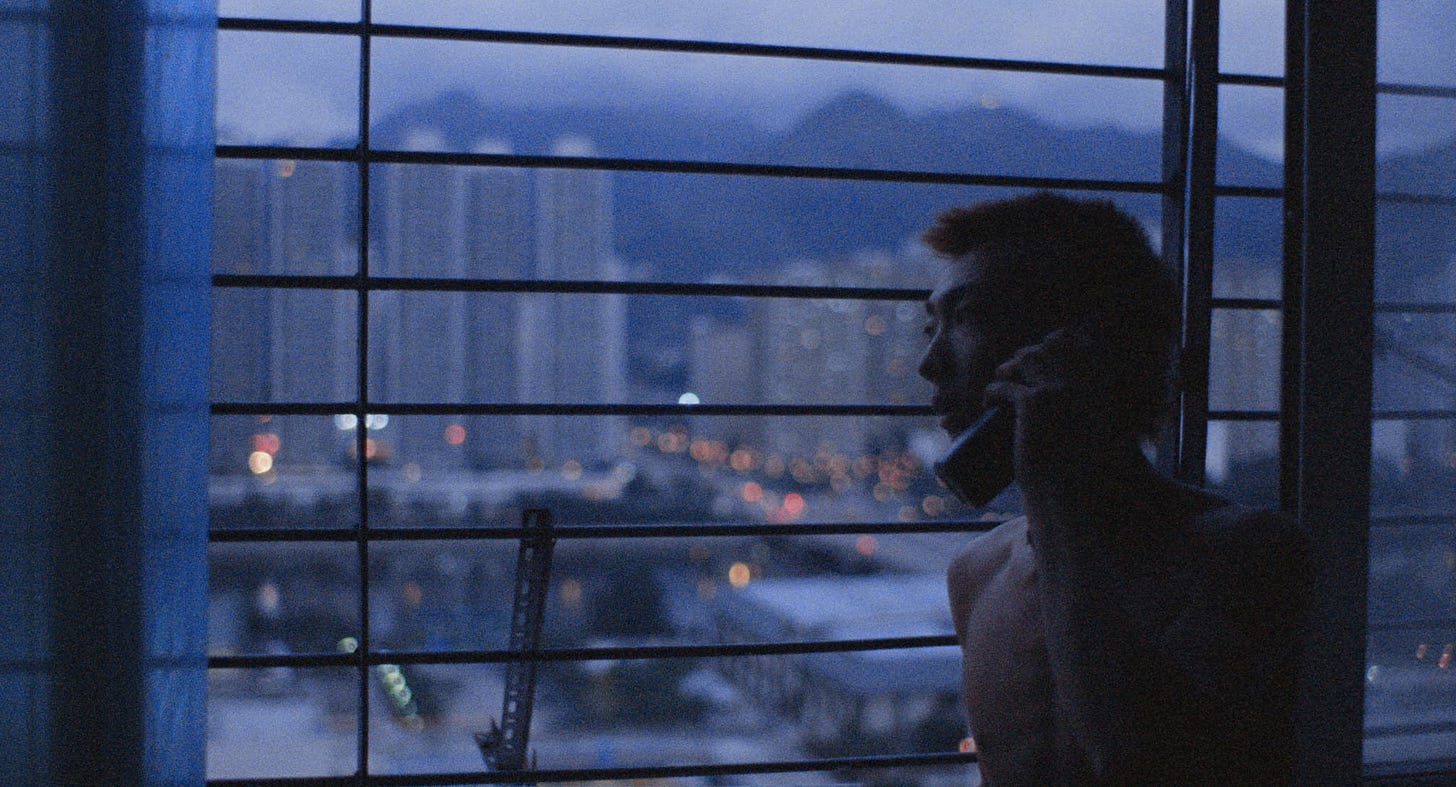Dear friends,
I would like to start by expressing my gratitude to Clare Chai for reading the draft of my half-baked ideas and guiding me forward on this piece.
My thoughts were in tension and I couldn’t pick a direction forward. I was stranded on an island after a good run on the first draft. I didn’t know how to connect it to what I really wanted to say. I keep coming back to it but it just didn't feel right.
I knew I couldn’t solve this problem on my own and I reached out to Clare. She helped me break my blind spots and set me free. Thanks Clare.
This is a letter for my city, my home. I hope you will enjoy reading it.
We Hong Kong people love Chinese food. We eat dim sum, wontons, noodles, fried rice, roasted goose, and anything resembling Chinese culture from breakfast to dinner. We love Iron Buddha tea, soy milk, Yuen Yeung, and for some of us, Tsingtao beer.
Among the last generation to grow up under the British, we read Jin Yong’s novels, studied the virtues of Confucius, and breathed the Dao of Lao Tzu. We love Chinese history, stories, myths, ancient philosophy, and nature.
We love Chinese people—we are technically one of them when our ancestors moved here across generations. So, what’s the matter here? What’s all the fuss about our motherland?
We are the house blend infused with British colonialism and four thousand years of Chinese heritage. While we share the same genes with our Chinese siblings who just live across the border, our paths couldn’t be more different.
For the longest time, we thought we were better after tasting a bit of freedom and democracy. Our economy took off with the right mix of intellectual property rights, access to capital, and free movement of people and ideas that wasn’t available under inside the wall. We demanded Chinese immigrants to build our houses, cook our food, and take jobs that no one wanted. We know this quality of life would vanish without these cheap workers.
After Margaret Thatcher slipped on the steps after meeting Deng Xiaoping in 1982, the people in the city knew they didn’t have a say and shrugged their shoulders as they watched the British hand over the city to Beijing.
With both skepticism and cynicism, we thought there might be a way out with self-governance in the new era. The contrast between expectation and reality is too overwhelming to grasp. Things keep turning south. There were resistances. Then the door was slammed closed. Hundreds of thousands of Hong Kong people left their city.
I was one of them.
Maybe we are embarrassed too. China had lagged behind since the British took Hong Kong in 1842. We narrowly escaped the Chinese Civil War and the Cultural Revolution so ideas, knowledge, and businesses flourished here.
It was more of a coincidence, though. I could imagine a different story in the parallel universe where our fate was no different from the other coastal cities along the South China Sea if the British hadn’t come. But we don’t think of it that way, and complacency is illusional.
We thought we were more civilized. We once dreamed of instilling the concept of the rule of law, civil rights, and democracy across the border. The professors from Beijing, businessmen from Shanghai, and artists from Chengdu once came here to learn from us when we were the pioneers in films, music, fashion, and culture in Asia, or arguably the world if you count Bruce Lee and Chungking Express.
Those days were long gone.
In the service of our short-sightedness, we were trapped by the easy money flowing from the property market. We got addicted to rent-seeking. We were busy trading. We stopped making.
We might soon become a textbook example of a city with too many consumers and not enough founders. People would still come here to learn, but the lessons are the bad ones: The least affordable housing among the world’s largest cities since 2010, suffocating space for civil rights, a harsh environment for small businesses, and policies on workers’ rights that haven’t improved much for decades.
Yes, we are embarrassed.
I know I am contradicting myself. But I often ask myself, if this city is that bad, why did I come home? Why didn’t I stay in London?
The paradox here is this: If I was a perfectly rational person, I am pretty sure I would still be in London. I had a job in the sector with great purpose. I love the diversity and cultural vibes in London and Europe at large. My kids have free education in the UK given the special visa we have. I love football. Hong Kong is crumbling on all fronts in the new era. The rational side of my brain is great at rationalizing.
But in the real world, things get a bit more complicated.
I wasn’t sleeping well. Our kids keep getting sick. My wife wasn’t in her best shape - I know she could be much better than that. Emotions kick in when I visualize myself standing in the blustering winds and drizzling rains with my freezing hands, feeling miserable for no good reason. I guess my body just misses the warmth and sunshine in the subtropical climate.
I miss my parents, too. I miss my friends. I miss the food, of course.
One thing I’ve learned is that life isn’t an equation you can solve purely with a rational mind. We shouldn’t even view life as an equation in the first place. Not everything is a math problem. Would I regret missing the train to become a British citizen? Well, maybe. But I would also regret not listening to the whisper of my heart that kept calling me and said:
Hey, it’s time to go home.
If you can, take a moment to pause. Put your phone down. Go inside you. Listen to your heart. What is the one thing it’s trying to tell you that you are not listening?
Until next time.
- Franco
A few things for you to explore further:
Check out this New Yorker piece on Jin Yong
Yuen Yueng, a drink you can only find in Hong Kong
Watch this interview with Bruce Lee back in 1971
Chungking Express on Apple TV+
What happened here
What I read recently:
The cost of staying still by Kevon Cheung. Thanks Becky for pulling the strings in between.
when men crave a girl dinner by Rish. We are all perfectly equal with our imperfections.
This writing exercise just might change your life by Poetry Culture. Alex has reminded me that we don’t really need much to live a good life.








Beautiful post and thanks for the shout out at the bottom! Hong Kong is a magical place and despite the difficulty of living there sometimes, it’s really irreplaceable and magic. I can see why you moved back. All the best always <3
Loved reading it Franco! Hope it's all worth it and all the best.